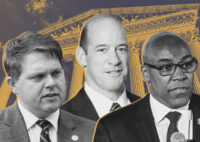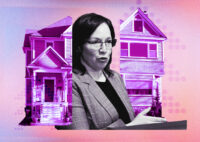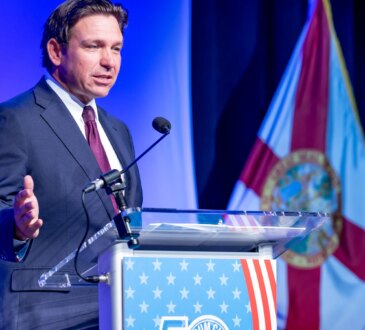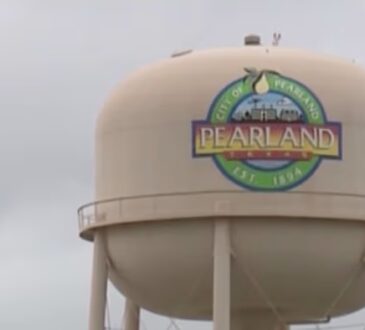If property taxes were a competition, Illinois would be cleaning up.
The state dominates national rankings for property tax burdens with four of the five highest-taxing metro areas in the country, Crain’s reported, citing Attom. The ranking is based on the ratio of home values to property taxes.
The real estate data firm reviewed effective tax rates in 217 U.S. metro areas and found that Rockford led the nation last year with an average rate of 2.06 percent of a home’s market value.
Chicago followed at 1.91 percent, just ahead of Peoria’s 1.89 percent and Champaign-Urbana’s 1.88 percent. Springfield placed sixth, rounding out a cluster of Illinois cities where homeowners pay more than double the national average of 0.86 percent.
The state’s longstanding tax woes, often cited as a factor pushing people and investment away from Illinois, stem largely from one source: unfunded pension debt. The state pays more than $11 billion annually in interest on its unfunded pension obligations, which significantly inflates the cost of local services.
Local governments lean heavily on property taxes to fund services like schools and public safety, and that debt load inflates the bills, especially in communities where home values are modest. In Rockford, for instance, the median home value is just $217,600, but the effective tax rate pushes the average tax bill to $4,490, the 63rd highest total in Attom’s rankings.
In Chicago, where the median home value is roughly $408,000, the average tax bill climbs to $7,788 — placing it 13th in the nation by dollars paid, despite being second by rate. For comparison, San Jose, California, has the country’s highest average tax bill at $12,760, but with a much lower effective rate of 0.60 percent where the average home value exceeds $2 million.
Recent proposals aimed at easing the tax burden in Illinois have failed to gain traction, including bills to cap tax liability for longtime homeowners or to study abolishing property taxes altogether. Without broader fiscal reform, property taxes will remain a “drag on the economy,” siphoning money away from consumer spending and local business growth, said Maurice Sholten, president of the Taxpayers Federation of Illinois.
— Judah Duke
Read more

Illinois counties sue state over “unconstitutional” property tax sale setup

Illinois home insurance costs skyrocket to second-highest in US

Illinois homebuyers flocking to more-affordable Wisconsin



